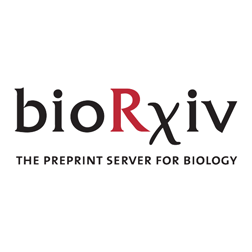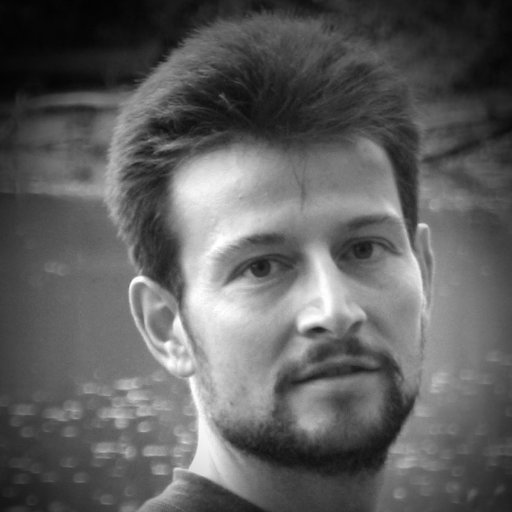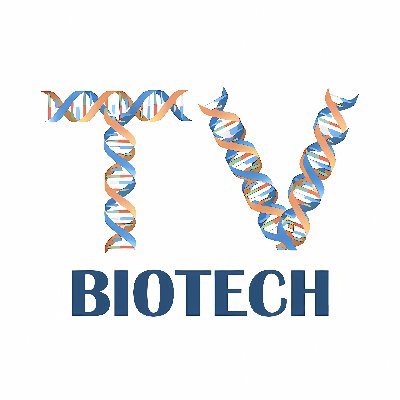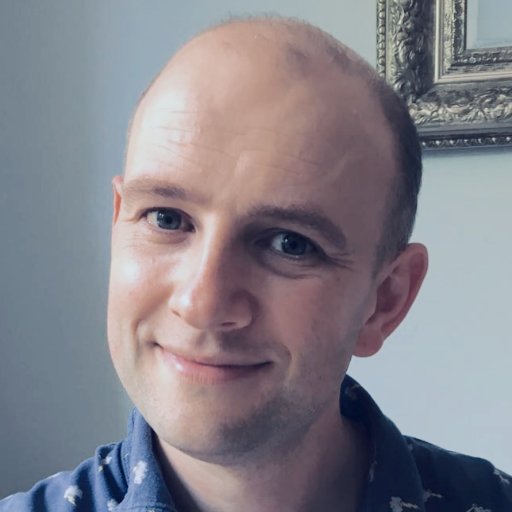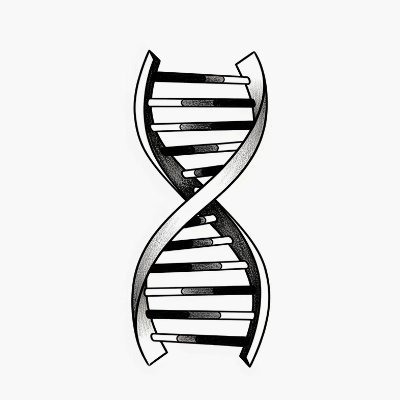
Tessa Green
@the_tessallator
Followers
877
Following
24K
Media
62
Statuses
1K
computational immunology and AI @KiraGenBio | formerly @MIT @harvardmed and @hgsuuaw healthcare | she/her 🏳️🌈👩💻
Joined May 2019
"scPerturb: harmonized single-cell perturbation data" is out now in Nature Methods!
4
45
209
As I’ve been saying for years—evaluating transcriptomics prediction models is really, really hard. I actually think Arc’s metric set is pretty solid (my distance rec at https://t.co/rJJzSaBhPW) but in this situation, if the model itself doesn’t start gaming, the participants will
biorxiv.org
In single-cell data workflows and modeling, distance metrics are commonly used in loss functions, model evaluation, and subpopulation analysis. However, these metrics behave differently depending on...
My second post on the Arc Virtual Cell Challenge. The challenge’s Discord forums are in turmoil. Some participants have discovered a trick to get to the top of the leaderboard. https://t.co/aRb83MyCCn
#arc_virtual_cell_challenge #foundation_models
0
0
0
Between grants getting politically targeted and my lab’s building getting literally fucking bombed, 2025 is going great thanks
A device exploded inside the Goldenson Building in Harvard’s Longwood medical campus early Saturday morning, according to a message from the Harvard University Police Department to University affiliates. @matanjosephy & @laurelmshugart report. https://t.co/JtupzBxW8U
21
24
490
Good reminder that I need to rework the intro to one of my scRNA-seq analysis talks…,
Beyond pharma, many academic colleagues (whom I met at recent conferences) are unaware that single-cell MS proteomics is feasible. Information overload is real. If you need an intro, the community guidelines are a good start: https://t.co/8nPybyuHu1
0
0
0
If you try to build a "Virtual cell" from mRNA only, (in addition to many others) you will run into obvious issues here👇
@willyakah @ron_alfa Anyone who thinks ML engineering is the main bottleneck in building better cellular models is going to be sorely disappointed. Better problem formulation & the right data collection strategy will win any day of the year.
10
31
314
Also note that the ground truth is generally the result of some clustering algorithm on PCA, with post-hoc annotation, and is in no way based on biology. So folks train a deep transformer to reproduce PCA, which shows *zero* understanding of where the data comes from
Why I think your single-cell cell annotation benchmarking is missing the mark 👇 You trained your model on large of number of cells (millions), and you use your model to annotate a new dataset.
1
1
20
Proud to see my alma mater, MIT, stand its ground in a time when too few have. “In our view, America's leadership in science and innovation depends on independent thinking and open competition for excellence. In that free marketplace of ideas, the people of MIT gladly compete
17
43
231
A pleasure meeting @bradloncar — the OG biotech storyteller. Excited to share how @KiraGenBio uses AI-guided multiplex editing to equip cell therapies with noise-cancelling headphones against tumor suppression — keeping them durable, focused, and on mission!
𝐀𝐥𝐢𝐠𝐧 𝐒𝐮𝐦𝐦𝐢𝐭: Allston based @KiraGenBio is aiming to program CAR-T cells to tune out the suppressive nature of the tumor micro environment. The first program will be for GBM. Full video: https://t.co/NVQXBD1y6g
0
1
13
Really exciting to see this. We recently ended up mostly using Cas9 data for our base editor off-target predictions because there was so little out there for base editing. Looking forward to checking out the experimental and computational approaches here!
1/ 🧵Happy to share our preprint from @WJGreenleaf’s Lab: beCasKAS, our method to directly detect #CRISPR base editor off-targets in primary cells. We additionally show how non-coding edits can be triaged for epigenetic dysregulation using deep learning. https://t.co/i7eHqKXrje
0
1
3
really nice paper explainer thread
As a wetlab experiments guy, a lot of DL/ML/AI baffles me, so I'm learning a lot supervising @tdsone3 in his PhD to bring AI-based design to synthetic biology in Baker's yeast. His first output 'Yorzoi' is now on BioRxiv. Here are my thoughts on this...
0
0
0
There is nothing as important for advancing AIBio models as creative benchmarking
🚨 BAD news for Medical AI models. MASSIVE revelations from this @Microsoft paper. 🤯 Current medical AI models may look good on standard medical benchmarks but those scores do not mean the models can handle real medical reasoning. The key point is that many models pass tests
0
0
2
love when my interests overlap (neuroimmune dysfunction, combining omics and functional assays in complex and interesting ways)
3 ) His group is working on a technique called 'Single-Cell SLAM-seq' that will be able to do this in a fast and efficient way (The screenshot below provides an overview).
0
0
2
“We did not find evidence of #LongCovid risk decreasing over time. Long COVID remains an ongoing public health concern." New @NIH funded study from RECOVER:
academic.oup.com
This electronic health record–based study of COVID-19–positive patients across 3 national research networks found consistent temporal patterns in incidence
5 different models show the incidence of #LongCovid has not decreased over time, and remains high. (Purple & yellow lines are adult incidence in cohorts of 3.8 & 1.9 million people, using either NASEM or non-NASEM definitions. Green line is children). https://t.co/Wd7pchVlGt
5
123
269
The DHS is receiving public comments on their proposed rule (below) to eliminate D/S status for F1 international students, prohibiting them from staying in the US for more than 4 years (w/o applying for an extension / readmission). The median length of a US PhD is ~5.8 years.
Foreign students should not be forever students. For too long, past Administrations have allowed foreign students and other visa holders to remain in the U.S. virtually indefinitely. The Trump Administration’s new proposed rule would end that abuse once and for all by limiting
1
1
13
I remain so glad to have landed at KiraGen Bio, where my work predicting functional outcomes of multiplexed perturbations is directly contributing to advances in cancer therapeutics
They said it was impossible: -Multiplex CAR-T -GBM "undruggable" -AI + affordable CGT They were wrong. At @KiraGenBio, we’re engineering cells with noise-cancelling headphones that let them ignore tumor suppression & keep fighting. Making the "impossible" → inevitable.
0
0
4
a plot of how little resemblance greek letters have to roman ones, skewed towards the start of the alphabet. ω really outperforming its weight class.
Google scholar has a full-text index of nearly all research papers. You can use it to get counts for arbitrary phrases. I've been using this to measure popularity of things in science. For example, here's the popularity of Greek letters used in equations 1/3
0
0
2
Can we understand biology from "infinite" amounts of perturbation data ? - Only if we measure the relevant molecules. Perturbations and data scale 𝐜𝐚𝐧𝐧𝐨𝐭 compensate for missing the relevant molecules. 🧵
7
35
153
Another thing that is maybe less emphasized in this paper is that CLINVAR is a great database of curated pathogenic/benign variants but it is extremely biased (in all sorts of ways) & should never be used as a representative benchmark dataset for most types of variants. 1/
Latest genomic AI models report near-perfect prediction of pathogenic variants (e.g. AUROC>0.97 for Evo2). We ran extensive independent evals and found these figures are true, but very misleading. A breakdown of our new preprint: 🧵
1
21
166
There are many wow moments while reading through it. This one particularly caught my eye "we excluded all 6 foundation model methods (UCE, SCimilarity, scGPT (zero shot), scGPT (fine-tuned), Geneformer, & scPRINT) because they perform very poorly on the benchmark"
Google presents an AI system to write expert-level scientific software. Using LLMs + tree search, it invented novel methods in bioinformatics, epidemiology, geospatial analysis & more, often surpassing human SOTA. (1/4)
3
20
184

